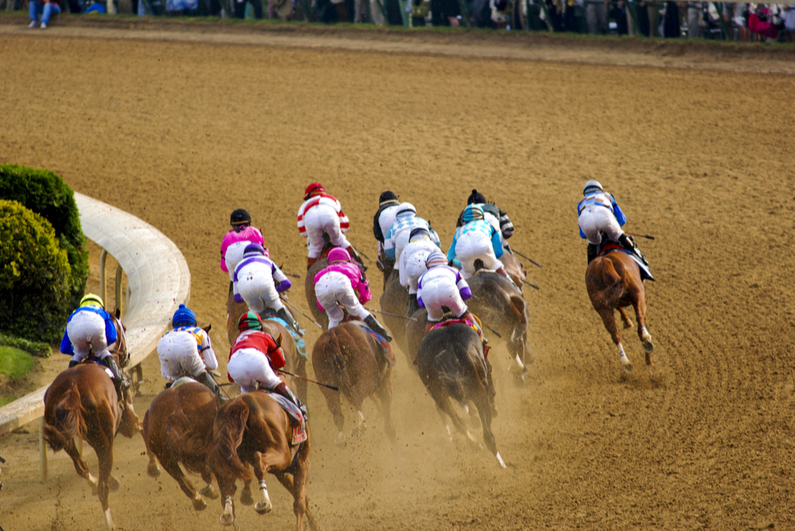Sold to a rival
Ladbrokes and Coral will no longer be seen at racecourses in Britain and Ireland after parent company GVC Holdings decided to sell all its 106 pitches to a rival company. The GVC brands will stop offering on-course operations with the sale.
on-course betting market has been on a decline
Both brands have been racecourse staples for decades, but over the past few years, the on-course betting market has been on a decline. The industry has been further impacted over the past few months because of the COVID-19 pandemic.
Ladbrokes and Coral affected by coronavirus
Racing has resumed over the past few months after a shutdown earlier in the year, but without the usual crowds. In September, rules were reintroduced covering group numbers for outdoor and indoor gatherings as COVID-19 cases spiked again. These new rules shut out spectators from events.
The exit of Ladbrokes and Coral from the scene will be yet another blow to the horse racing industry. Right now, the COVID-19 crisis has led to an almost complete shutdown of on-course betting. Many believe the pandemic played a role in the timing of the decision by GVC.
It is not the primary reason that the company decided to remove its betting windows from the industry, though. Ladbrokes and Coral no longer use the on-course market for hedging purposes; the operations at the racecourses were losses.
With the sale to a rival brand, 17 staff members are reportedly in talks with the new owner over their employment positions. The name of the new owner has yet to be revealed.
Trouble if spectators cannot return
As Ladbrokes and Coral disappear from racetracks, racing officials warn that courses may close next year if spectators do not return. British Horseracing Authority chief executive Nick Rust stated that there is a strong risk that facilities will close in 2021. David Armstrong of the Racecourse Association said that financial help will be necessary before next spring.
To try to help, racing officials have sent a three-pronged plan to the Department for Digital, Culture, Media and Sport. The plan aims to give the industry financial help as the coronavirus pandemic continues.
Armstrong stated further that any financial support would benefit the industry the most during the end of the first quarter, through the second and third, if crowds are not brought back.
